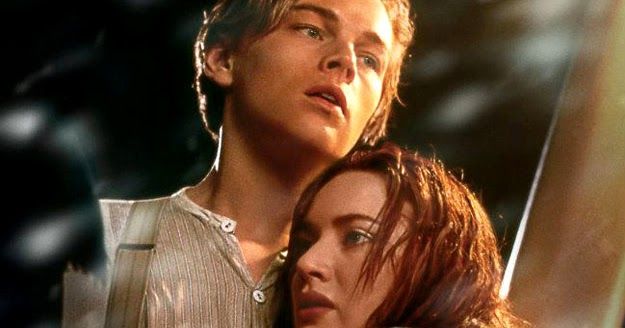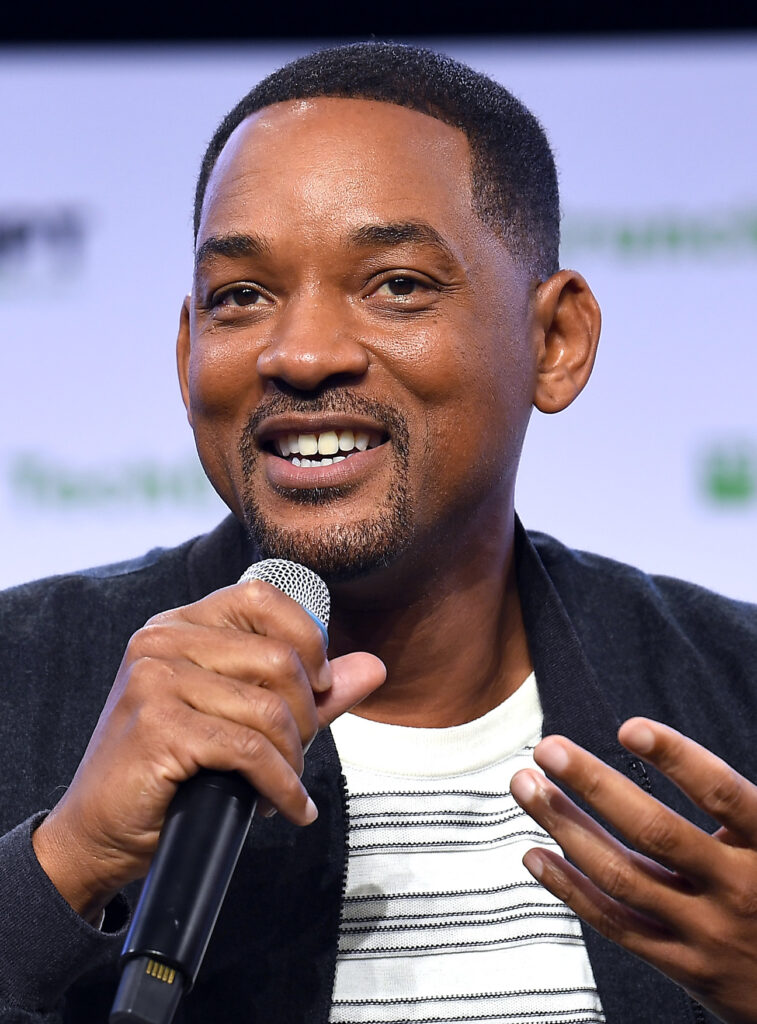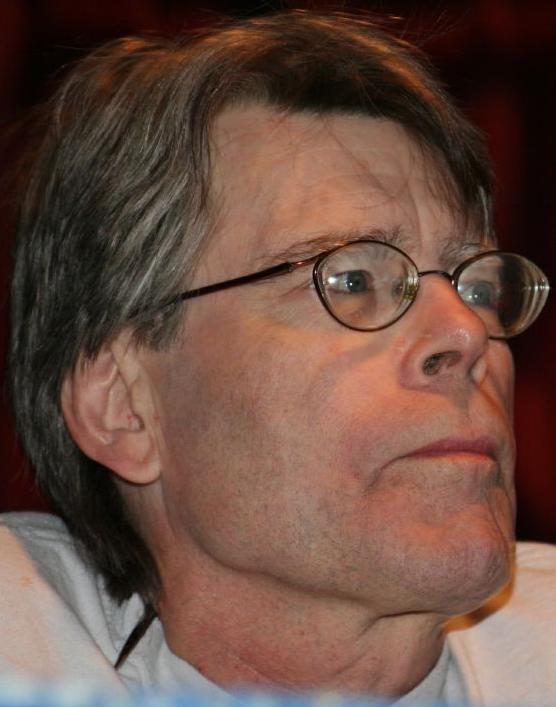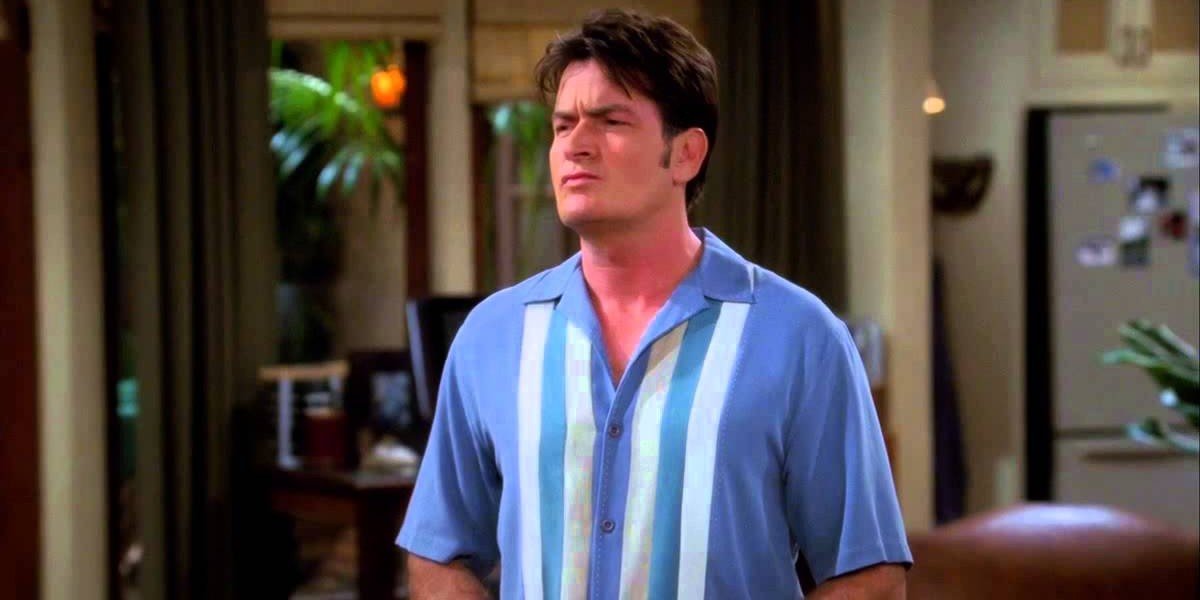
The story of Charlie Sheen’s departure from *Two and a Half Men* is less a conventional exit and more a supernova of celebrity meltdown, creative conflict, and, ultimately, a curious path to reconciliation. For eight years, Sheen was the magnetic center of the CBS sitcom, embodying Charlie Harper, a character whose hedonistic lifestyle mirrored, at times, the public perception of the actor himself. His firing in 2011 marked not just the end of an era for one of television’s most popular comedies, but also ignited a public feud with creator Chuck Lorre that captivated headlines and left fans wondering if the wounds could ever truly heal.
Fast forward to 2015, when *Two and a Half Men* aired its finale, and the absence of its original star was glaring, yet perhaps, inevitable. The expectation of a grand return, fueled by whispers and fan desires, never materialized in the way many had hoped. Instead, the final moments delivered a twist that, in its very essence, highlighted the deep-seated creative and personal chasm that had formed between Sheen and Lorre. It was a finale designed to pay homage, yet it also felt like a final, albeit somewhat playful, jab, underscoring the enduring complexities of their relationship.
To truly understand why Charlie Sheen didn’t grace the final episode of *Two and a Half Men* with his physical presence, we must rewind and dissect the layers of drama, personal battles, and conflicting creative visions that defined this tumultuous relationship. It’s a narrative arc that moves from public insults and personal struggles to eventual regret and a surprising, almost therapeutic, rapprochement – all leading to a finale discussion where two very different artistic paths simply could not converge.
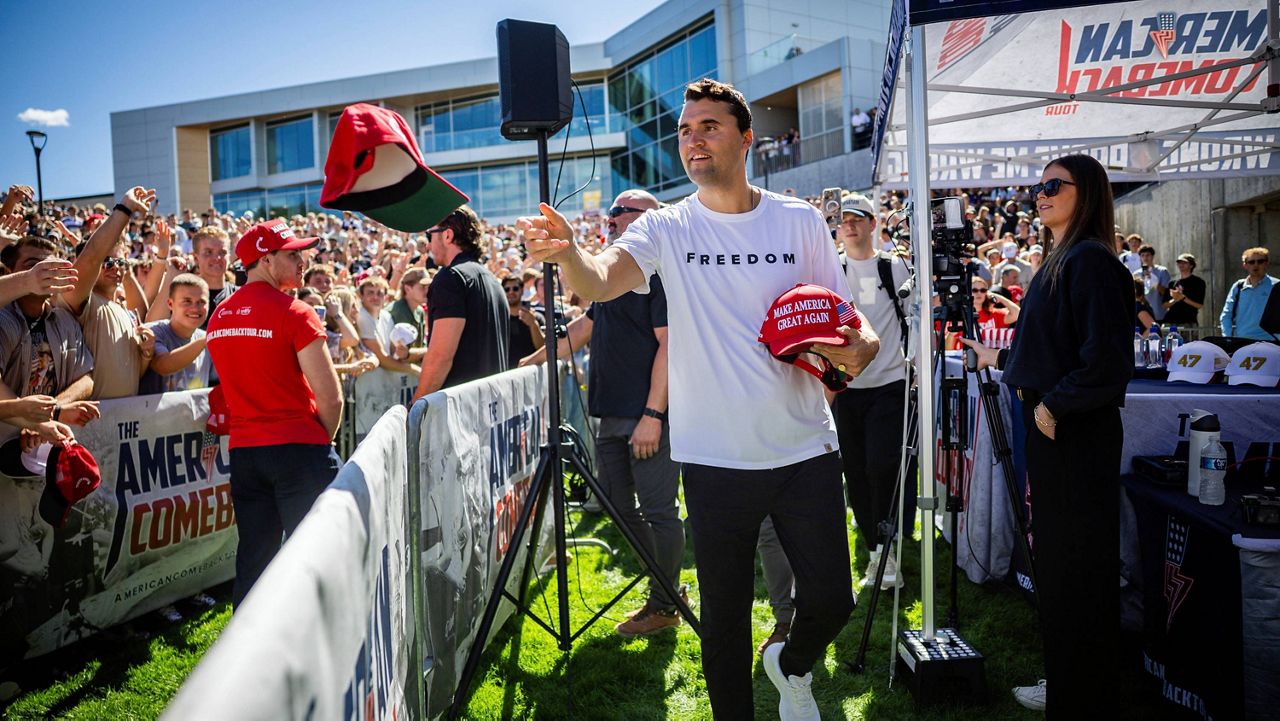
1. **Charlie Sheen’s Initial Departure and Role on Two and a Half Men**For eight seasons, Charlie Sheen was the undeniable face of *Two and a Half Men*, a role that cemented his status as a television icon and made him one of the highest-paid actors in the industry. As Charlie Harper, he portrayed a bachelor jingle writer living a perpetually consequence-free life in Malibu, a character whose charm, wit, and frequent romantic entanglements were central to the show’s massive appeal. His comedic timing and ability to embody the lovable rogue persona were instrumental in the sitcom’s consistent ratings success for CBS.
However, by 2011, the lines between character and actor began to blur in the public eye, or perhaps, the actor’s real-life persona began to aggressively overshadow his professional one. Sheen’s personal struggles, which would soon spill over into a very public spectacle, started to cast a shadow over the production. His eventual termination from the show marked a pivotal moment, not just for his career but for the sitcom itself, signaling an abrupt and dramatic end to an era defined by his presence.
This departure wasn’t merely a contract dispute or a creative difference; it was an explosive unraveling that captivated media attention for weeks. It laid bare the pressures of long-running television productions and the fragile ecosystem that exists when a star’s personal life profoundly impacts a show’s viability. The subsequent changes to *Two and a Half Men* would forever be framed by the seismic event of Sheen’s initial exit.
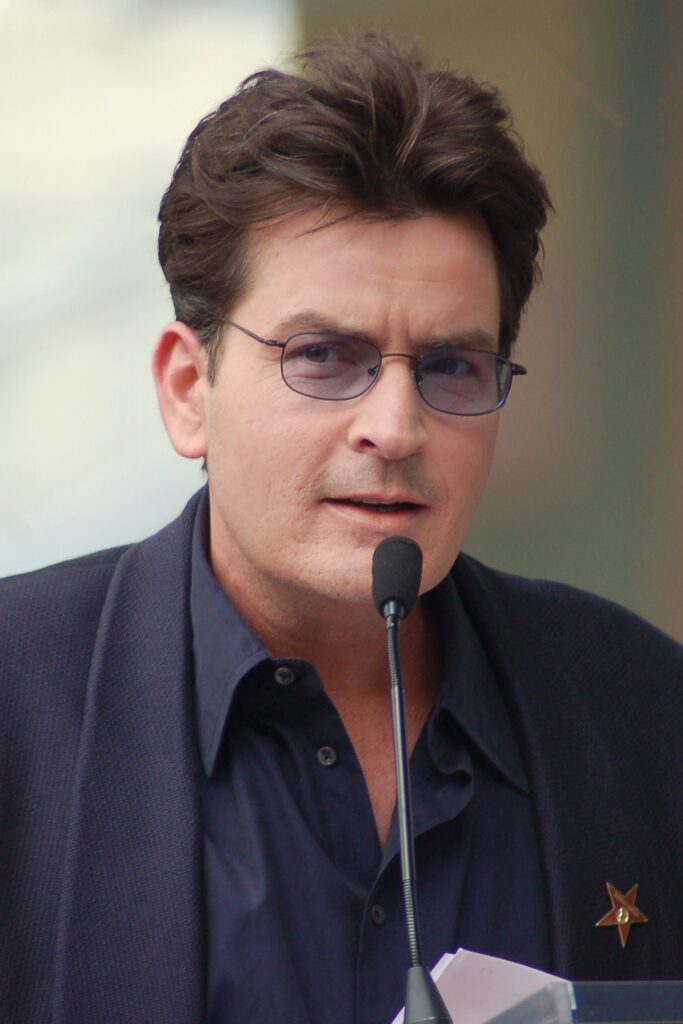
2. **The Public Fallout with Creator Chuck Lorre**The immediate aftermath of Charlie Sheen’s termination was characterized by a highly publicized and deeply acrimonious fallout with *Two and a Half Men* creator, Chuck Lorre. This was no quiet backstage disagreement; it was a vitriolic war of words waged in the public arena, broadcast across various media platforms. Sheen did not hold back in his criticisms, launching a series of personal attacks against the showrunner that shocked many onlookers and further intensified the scrutiny on his behavior.
The nature of these comments went far beyond professional critiques, descending into deeply personal insults. The *Machete Kills* star, as reported by PEOPLE at the time, unleashed a scathing statement, calling Lorre a ‘clown’ and a ‘stupid, stupid man’. These weren’t mere throwaway lines but deeply cutting remarks that seemed designed to inflict maximum damage on his former collaborator, igniting a feud that many believed would be irreconcilable.
This public spectacle of animosity created a narrative that transcended typical Hollywood drama, becoming a defining moment in Sheen’s career and in the history of *Two and a Half Men*. The intensity of the conflict not only led to his firing but also set a precedent for how deep the personal fissures between creative partners could become, making any future collaboration or even a civil conversation seem utterly improbable for years to come.
Read more about: From Tweets to Tirades: 14 Celebrities Who Absolutely Tanked Their Own Careers
3. **Sheen’s Struggle with Addiction and the “Alien Version” of Himself**Crucially, the context surrounding Charlie Sheen’s public outbursts and subsequent firing was his undeniable struggle with alcohol and drug addiction. This deeply personal battle, while often sensationalized, was a significant contributing factor to the chaotic period in his life and career. PEOPLE reported at the time that Sheen was indeed battling these demons, offering a crucial lens through which to view his behavior during that tumultuous period.
Sheen himself has since reflected on this dark chapter, describing it as a time when he was an ‘alien version of himself’. This candid admission highlights the profound impact that addiction had on his judgment, his relationships, and his public persona. It suggests a disconnection from his true self, an altered state that fueled the confrontational and self-destructive actions that ultimately cost him his lucrative role on the CBS sitcom.
His journey through addiction, and the subsequent recovery, forms a vital backdrop to understanding not only his initial departure but also his later expressions of regret. It frames the ‘clown’ and ‘stupid, stupid man’ comments as products of a deeply troubled period, rather than mere malice, offering a more nuanced perspective on the celebrity meltdown that captivated audiences. Thankfully, a later update indicated that last year marked ‘six years sober’ for Sheen, who stated he has a ‘very consistent lifestyle now’.
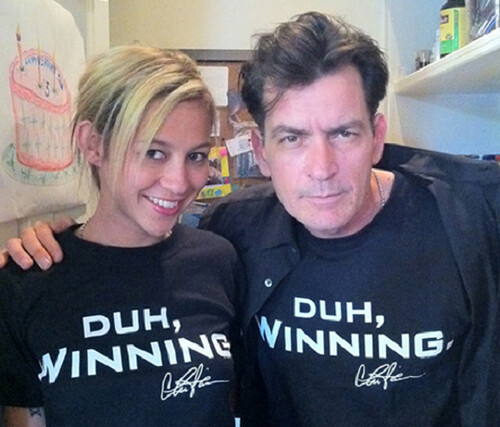
4. **Sheen’s Candid Admission: “Partying Too Hard” Led to His Exit**Years after the dust settled, Charlie Sheen offered a remarkably candid and self-aware explanation for his termination from *Two and a Half Men*. Appearing on Katie Couric’s talk show in 2013, he directly addressed the reasons behind being let go from a gig that paid him an astounding $2 million a week. His honesty provided a vital piece of the puzzle, moving beyond the public drama to reveal the underlying personal choices at play.
“I think I just started partying too hard. I was having way too much fun,” he admitted to Couric. This straightforward acknowledgment cut through any lingering speculation, pointing to his lifestyle choices as the primary catalyst for his professional downfall. He agreed with Couric that the ‘show was getting in the way of his social life’, a telling remark that illustrated a significant shift in his priorities during that period.
Sheen further elaborated on how his personal life began to infringe upon his professional responsibilities. “It spilled over onto the set a little bit,” he confessed, though he clarified, “I mean, I wasn’t partying on the set, I was never high when I worked.” This distinction is important, suggesting that while the immediate workplace wasn’t compromised by substance use, his dedication to the show became secondary to his pursuit of an increasingly extravagant social life, characterized by ‘traveling on my weeks off and inviting all my buddies’ to enjoy fine dining.
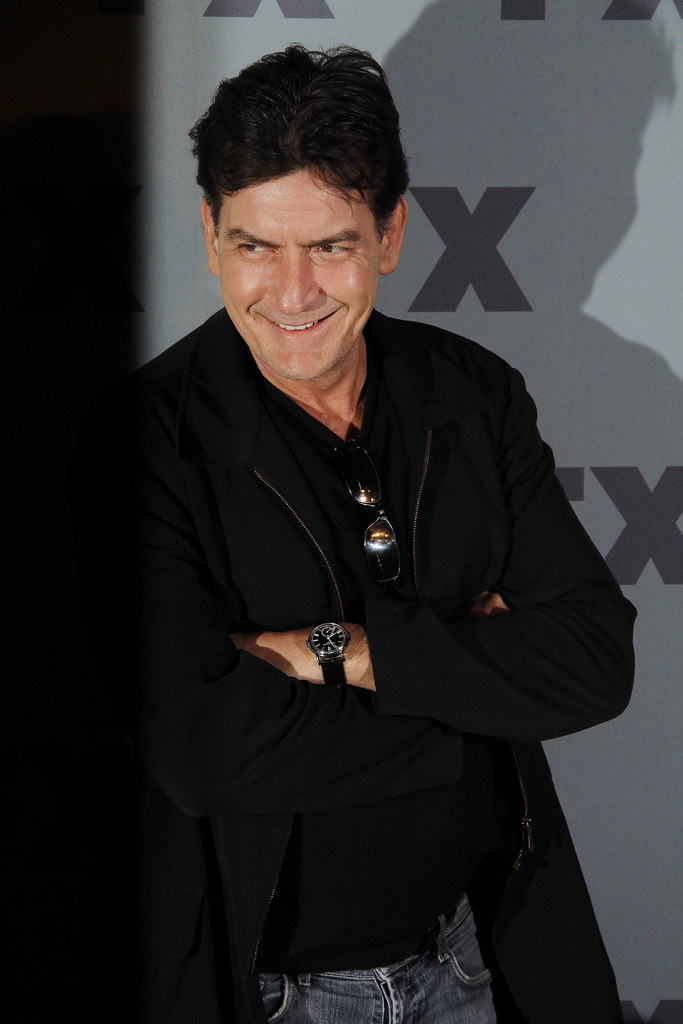
5. **The Mammoth Salary and the Cost of “Having Fun”**One of the most astonishing aspects of Charlie Sheen’s departure was the sheer financial scale of what he walked away from. Earning a whopping $2 million (£1.57 million) a week, Sheen was, by any measure, at the apex of television stardom in terms of compensation. To willingly jeopardize such an astronomically high-paying position speaks volumes about the grip his personal struggles had, and his prioritizing of immediate gratification over professional stability and wealth.
When asked by Katie Couric why he gave up so much money, Sheen offered a surprisingly philosophical, albeit self-incriminating, response. “You make a very good point, make a very good point,” he conceded, acknowledging the absurdity of his actions from a purely financial perspective. However, he then added, “but at the same time, you want to have fun having that type of success, right?” This statement reveals a mindset where the enjoyment of his success, in his terms, superseded its practical benefits.
His self-assessment of his own tendencies sheds further light on this seemingly illogical decision. “But I, you know, I take things too far. It’s who I am,” he stated. This admission provides a candid, if painful, insight into a personality prone to excess, where the boundaries of ‘fun’ could easily be pushed beyond sustainable limits, even at the cost of unimaginable financial security. It was a stark illustration of how personal choices, particularly those fueled by addiction, can eclipse even the most dazzling career achievements.
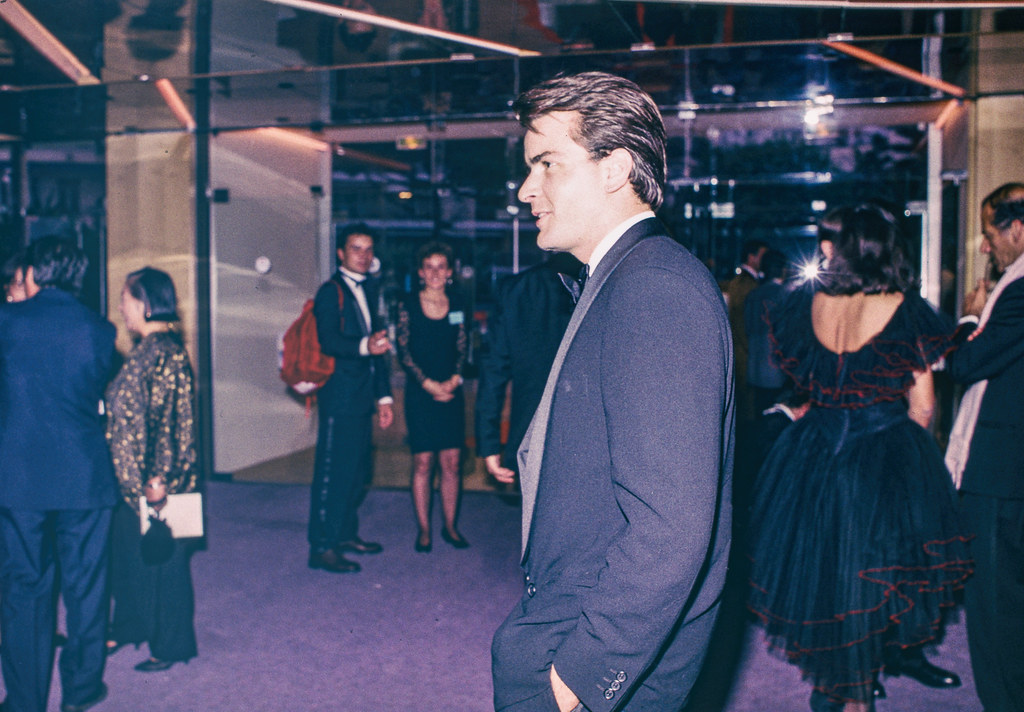
6. **The Show’s Continuation: Ashton Kutcher and Sheen’s Character’s Demise**Following Charlie Sheen’s dramatic exit, *Two and a Half Men* faced an unprecedented challenge: how to continue a wildly popular show without its central, titular character. The creative team, led by Chuck Lorre, decided to move forward, embarking on a bold and risky recasting strategy that fundamentally altered the show’s dynamic. This decision signaled a clear intent to salvage the series, rather than cancel it, despite the immense public relations fallout.
The show’s ninth season kicked off with a definitive and rather unceremonious end for Charlie Harper. His character was killed off, a narrative choice that served as both a practical necessity for the plot and, perhaps, a symbolic severing of ties with the actor who had portrayed him. This dramatic plot twist paved the way for the introduction of Ashton Kutcher, who stepped into the void as Walden Schmidt, an internet billionaire who buys Charlie’s house, fundamentally shifting the series’ premise.
Kutcher’s arrival marked a new chapter for *Two and a Half Men*, attempting to infuse fresh energy and a different comedic sensibility into the established format. While the show continued for several more seasons, concluding in 2015, the shadow of Sheen’s departure and the public’s enduring memory of Charlie Harper inevitably lingered. The decision to kill off the character, rather than simply having him move away, added a layer of finality that would later become a point of contention when a finale appearance was considered.

7. **Sheen’s Later Regrets: Choosing “Number 56” Out of 55 Ways**With the passage of time and, crucially, a journey towards sobriety, Charlie Sheen’s perspective on his fallout with Chuck Lorre and his exit from *Two and a Half Men* underwent a significant transformation. Far from the defiant stance of 2011, Sheen began to express profound regret for his actions, offering a clear signal of personal growth and a desire to mend fences. This shift was critical for any future potential reconciliation or even a nuanced understanding of his past behavior.
By 2021, a decade after his infamous departure, Sheen told Yahoo! Entertainment that he regretted his ‘desperately juvenile’ actions multiple times. This specific phrasing underscored the depth of his remorse, acknowledging the immaturity and destructiveness of his conduct during that period. It was a powerful self-assessment, indicating that he had processed the events not just professionally, but personally, coming to terms with the impact of his past self.
His most poignant summation of the situation was the admission: “There was 55 different ways for me to handle that situation, and I chose number 56.” This witty yet deeply self-critical remark perfectly encapsulates the essence of his regret. It speaks to a clear recognition that he had numerous opportunities to de-escalate, to respond differently, or to act more constructively, yet he consciously (or perhaps unconsciously, in the throes of addiction) chose the most volatile and damaging path available. This genuine sense of remorse would eventually pave the way for an unexpected new beginning with his former showrunner.
The narrative of Charlie Sheen and Chuck Lorre, once marked by explosive animosity, took a turn few predicted. Years after their public feud, a surprising rapprochement began, culminating in a professional reunion. This unexpected thaw set the stage for crucial, though ultimately divergent, discussions about Charlie Harper’s fate in the *Two and a Half Men* finale, underscoring how personal healing doesn’t always translate into creative alignment.
8. **The Unexpected Reconciliation: Sheen and Lorre’s Healing for ‘Bookie’**The most astonishing chapter in the Sheen-Lorre saga arrived with their reunion for Lorre’s Max TV series, *Bookie*. This collaboration, years after a public feud that felt irreparable, attested to Sheen’s sobriety and self-reflection. It offered both men a chance to bridge an impassable chasm, proving that genuine human connection can re-emerge even in Hollywood.
Sheen recounted immense personal hurdles before their first conversation, describing apprehension as a ‘tsunami.’ Yet, profound relief and healing followed. He told The New York Post in 2023 that Chuck ‘couldn’t have been more lovely or engaging,’ transforming his anxious anticipation into pure catharsis. For Sheen, the experience was ‘so healing,’ ‘so surreal,’ and ‘like a really fun dream,’ lifting years of shame.
Lorre, too, admitted to PEOPLE in December 2023, he felt ‘nervous’ before their reunion. But anxiety quickly dissipated. ‘Almost as soon as we started talking,’ Lorre recalled, ‘I remembered, we were friends once. And that friendship just suddenly seemed to be there again.’ This mutual acknowledgment underscored their original bond and a desire to move past personal insults. It was, as Lorre succinctly put it, ‘healing’ for them both.
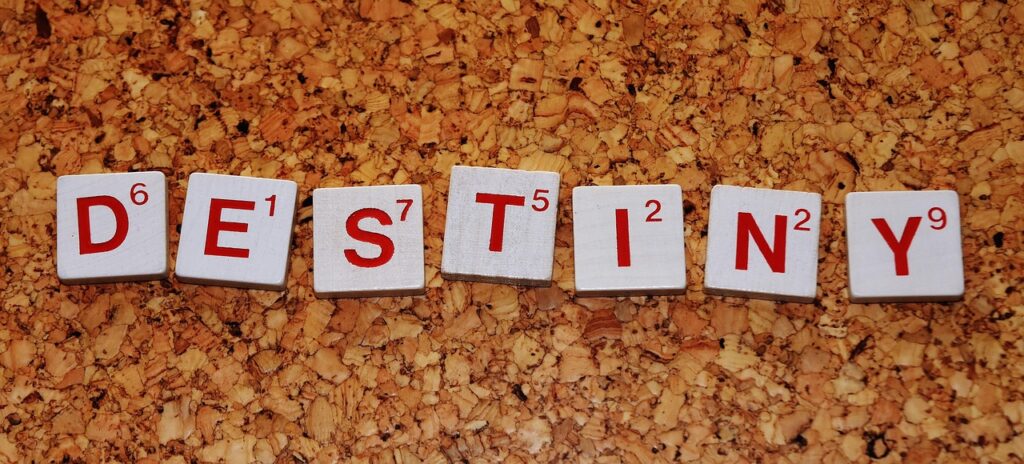
9. **The Fateful Finale Discussions: A Bid for Return**With personal healing underway, the *Two and a Half Men* series finale presented a unique opportunity. Despite Charlie Harper’s character being killed off, the notion of Charlie Sheen returning became intense speculation. It was a tantalizing prospect, offering a full-circle moment for character and actor alike.
Indeed, Sheen wasn’t just idly hoping; he had been ‘gunning for a role in the finale for some time.’ Showrunner Chuck Lorre was ‘indulging our fantasies regarding a potential Sheen return,’ confirming discussions were real and keeping hope alive for millions longing to see Sheen back on set.
Sheen’s potential return carried the weight of the show’s entire legacy. It offered a chance to acknowledge Charlie Harper’s indelible mark, reconcile his narrative with the actor’s real-life trajectory, and perhaps make a definitive statement on *Two and a Half Men*’s turbulent journey. This made discussions around his involvement far more significant than a typical cameo.
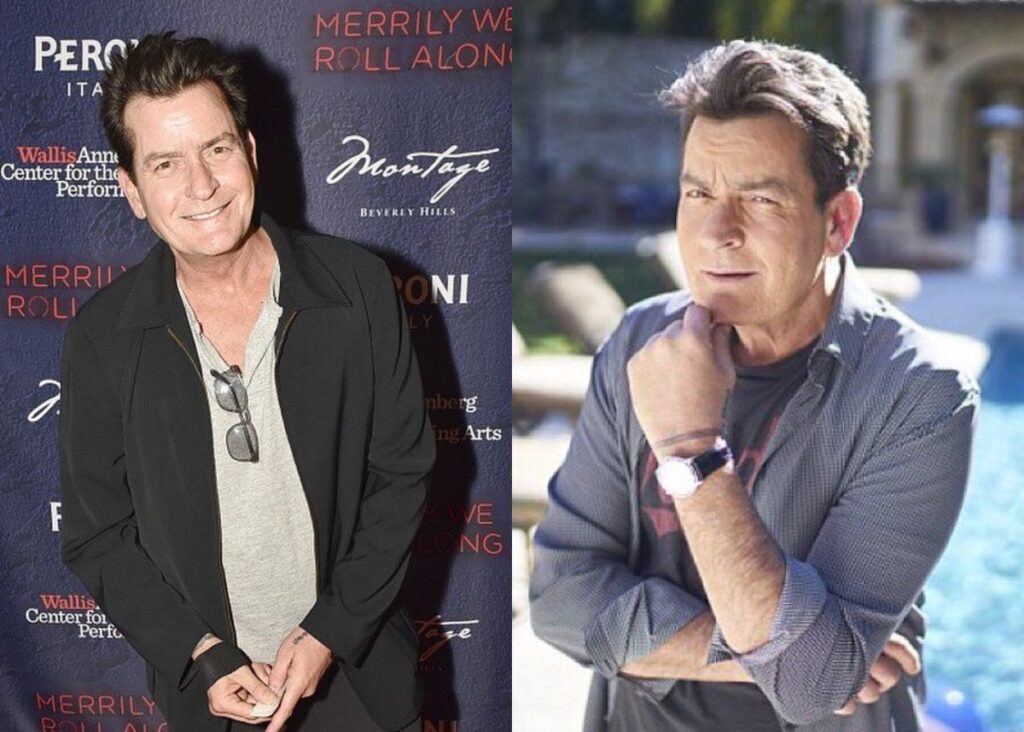
10. **Chuck Lorre’s Vision for Charlie Harper’s Finale Cameo**Chuck Lorre’s finale vision for Charlie Harper’s cameo was provocative, steeped in meta-commentary and dark humor. His vanity card revealed the showrunner’s satirical intent.
Lorre envisioned Charlie returning in the last scene, walking to the door, and turning to the camera. He would then launch into a ‘maniacal rant about the dangers of drug abuse,’ a biting commentary referencing Sheen’s real-life struggles.
Charlie would arrogantly explain these dangers only applied to average people, claiming he was ‘a ninja warrior from Mars,’ invincible. This lampooned Sheen’s exaggerated self-image. The audacious send-off, personifying hedonistic invincibility, was ‘funny’ to Lorre.
After Charlie’s declaration, Lorre’s plan was definitive: ‘And then we would drop a piano on him.’ This violent, absurd demise was the ultimate punchline, a final punctuation mark on the character’s tumultuous journey and public drama, pushing comedy boundaries.
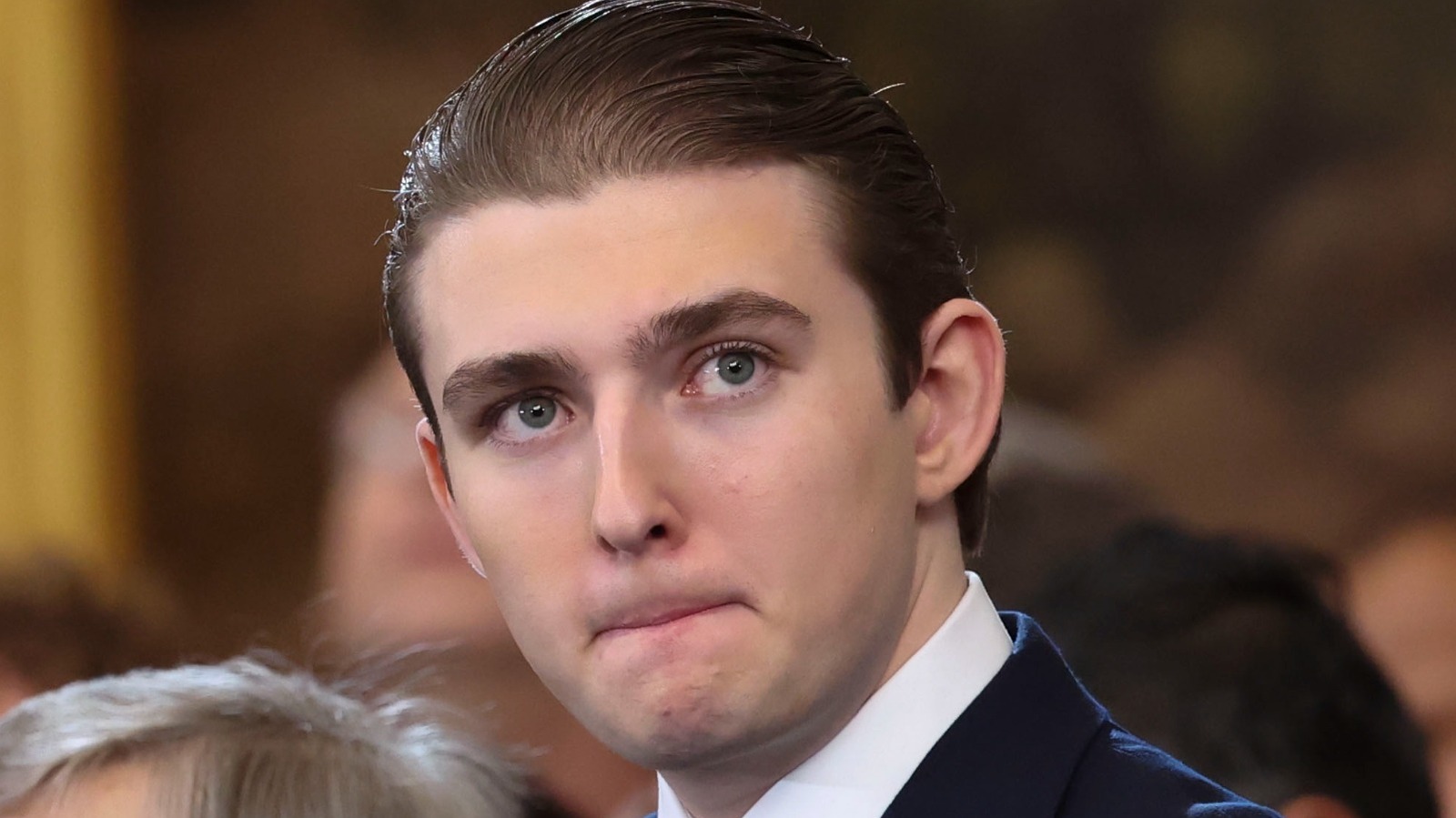
11. **Charlie Sheen’s Counter-Proposal: A Heartwarming Comeback**What Chuck Lorre found a hilariously brutal end, Charlie Sheen’s own finale vision differed entirely. Sheen’s perspective, colored by his journey of regret and sobriety, leaned towards redemption and a forward-looking career. His counter-proposal was, in essence, a complete artistic and tonal inverse of Lorre’s satirical send-off.
Instead of a maniacal rant, Sheen ‘wanted us to write a heart-warming scene.’ This spoke volumes about his desire to reshape his professional narrative and the character he embodied. He aimed to rehabilitate his public image and career through a positive, aspirational arc for Charlie Harper.
Sheen’s proposal wasn’t just a cameo. His ‘heart-warming scene’ was intended to ‘set up his return to primetime TV in a new sitcom called *The Harpers* starring him and Jon Cryer.’ This ambitious proposition aimed to leverage the *Two and a Half Men* finale not just for closure, but as a springboard for a new series.
Lorre’s response was characteristically wry. After detailing his own darkly comedic piano-drop idea, he revealed Sheen’s counter-proposal, adding, with irony, ‘We thought that was funny too.’ This subtly underscored the vast chasm between their creative interpretations and Sheen’s future. While personally reconciled, their artistic paths remained wildly divergent.

12. **A Clash of Creative Titans: Irreconcilable Differences**The stark contrast between Chuck Lorre’s darkly comedic, meta-referential vision and Charlie Sheen’s desire for a heartwarming, career-launching comeback speaks volumes about their fundamental incompatibility, even after personal reconciliation. Lorre’s final message stated, ‘Those ideas don’t line up at all,’ extinguishing hopes for a shared creative path for the *Two and a Half Men* finale.
Despite personal strides in mending their relationship for *Bookie*, underlying tensions re-emerged regarding Charlie Harper’s ultimate fate. Lorre prioritized artistic control and a satirical conclusion. Sheen, conversely, sought a narrative serving his ongoing career and personal redemption, viewing the finale as a fresh start.
This wasn’t merely a disagreement over plot points; it was a clash of two profoundly different perspectives on *Two and a Half Men*’s meaning and legacy. Lorre’s vision offered critical commentary on celebrity excess and the absurdity of invincibility. Sheen’s aimed to reinterpret the character through a lens of growth, offering a hopeful, if perhaps unrealistic, future.
Ultimately, their inability to align these visions meant Sheen’s physical appearance in the finale couldn’t satisfy both parties. The creative chasm, though not as venomous as their initial feud, proved too wide for this artistic endeavor. It highlighted that while personal wounds heal, differing artistic philosophies can remain firmly entrenched.

13. **The Finale That Aired: Charlie’s “Death” and the Look-Alike**Given irreconcilable creative differences, the *Two and a Half Men* finale aired without Charlie Sheen’s physical presence, delivering a conclusion largely mirroring Chuck Lorre’s original intent. For the 13 million viewers, the final episode served as a definitive, peculiar send-off to the long-running comedy.
The series finale cleverly revisited Charlie Harper’s fate. Alan and Walden suspected Charlie might still be alive. Rose, Charlie’s obsessive stalker, confirmed her unsettling story: she ‘actually kept him alive in a pit in the suburbs for several years’ after his supposed demise, adding darkly humorous absurdity.
Having finally broken out of Rose’s captivity, Charlie Harper, fueled by vengeful ‘ire on Walden and Alan’ for taking over his house, was on a path of retribution. This set the stage for the climactic final scene, which, as Lorre’s vanity card explained, happened almost exactly as he envisioned it. The iconic image of a piano plummeting from the sky to crush Charlie was indeed executed.
Instead of the real Charlie Sheen, the impactful moment used ‘a Sheen look-alike rather than the real thing.’ This allowed Lorre to execute his desired satirical ending, providing a definitive, symbolic death for Charlie Harper, while simultaneously underscoring the star’s actual absence. It was a finale that wrapped up storylines for the comedy, closing an era on CBS with characteristic slapstick and meta-narrative.
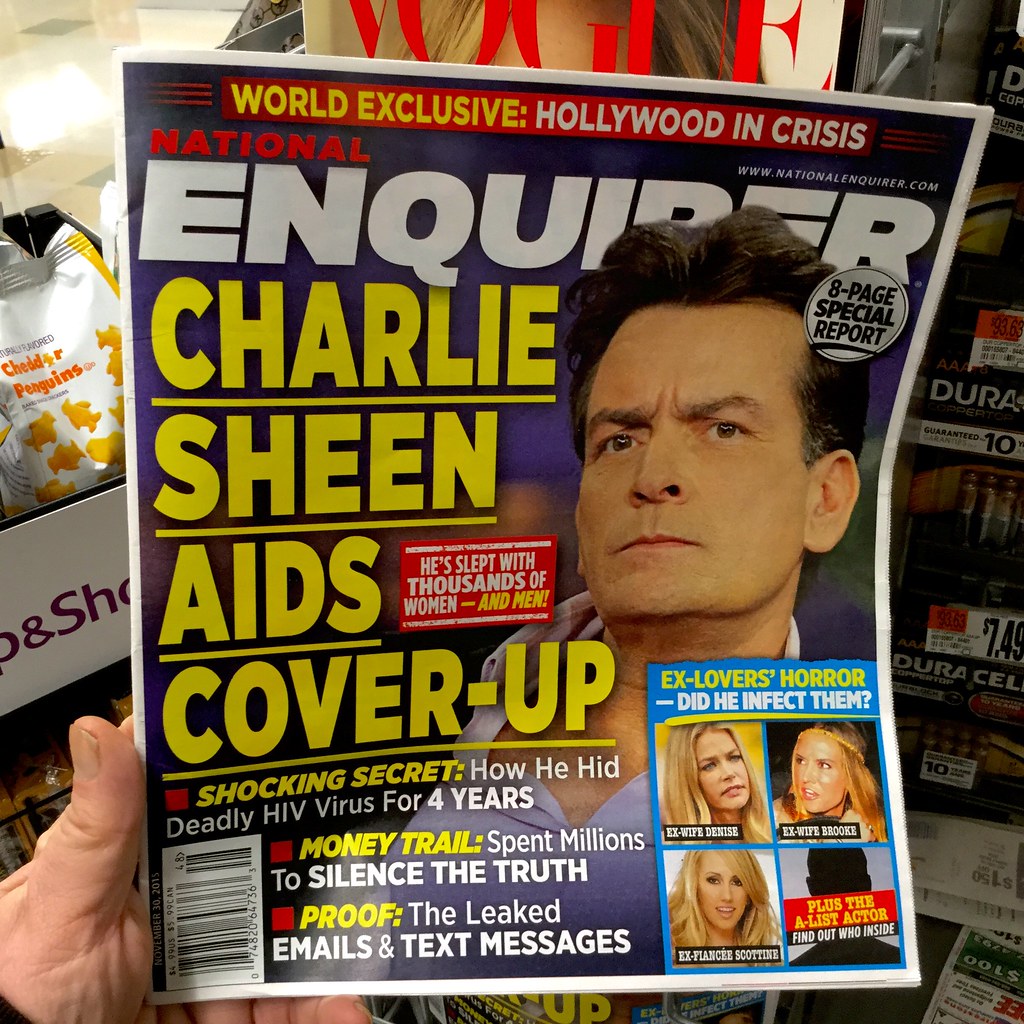
14. **The Complex Legacy of Two and A Half Men’s Conclusion**The *Two and a Half Men* series finale, with its dramatic twists, Sheen look-alike, and falling piano, left a legacy as complex as the drama preceding it. It was, in many ways, ‘a pretty weird way to pay homage to Charlie Sheen’s role on the series,’ acknowledging his immense contribution while simultaneously delivering ‘a bit of a middle finger.’ This duality encapsulates the show’s contentious final years.
The ending was a stark statement from Chuck Lorre: asserting creative control and offering a definitive, unyielding conclusion to the Charlie Harper narrative entirely on the showrunner’s terms. It acknowledged Charlie’s indelible mark, but uncompromisingly refused to compromise on the artistic vision for a character whose trajectory intertwined with real-life celebrity scandal. The show’s ultimate message was clear: no single star, however bright, could dictate its final bow.
This unconventional conclusion effectively wrapped up the sprawling storylines, providing finality for Alan and Walden. Yet, its execution ensured the contentious history between creator and star remained an undeniable, implicit part of the narrative. The absence of the original lead, far from being forgotten, became the central, most talked-about element of the entire send-off.
Ultimately, the *Two and a Half Men* finale stands as an emblematic moment in television history, illustrating the fraught relationship between celebrity, personal struggles, and Hollywood’s unforgiving demands. It solidified a legacy defined not only by the show’s immense ratings success but also by the dramatic, unforgettable circumstances of its original star’s departure and non-return. The show ended, but the conversation it ignited, about creative control, redemption, and comedic storytelling, continues to resonate.
Read more about: Shaq’s Colossal Impact: How the Unstoppable Force Made NBA History (and Beyond) Look Small
And so, the curtains finally closed on *Two and a Half Men*, a series that, in its final act, perhaps delivered its most compelling and unscripted drama. The absence of its original star was not a void but a loud, deliberate statement, a final, emphatic punctuation mark on one of television’s most talked-about sagas. It was an ending that, much like Charlie Harper himself, was anything but conventional, leaving viewers to ponder the myriad ways a story can conclude, and the often-unforeseen paths to both resolution and enduring controversy.



